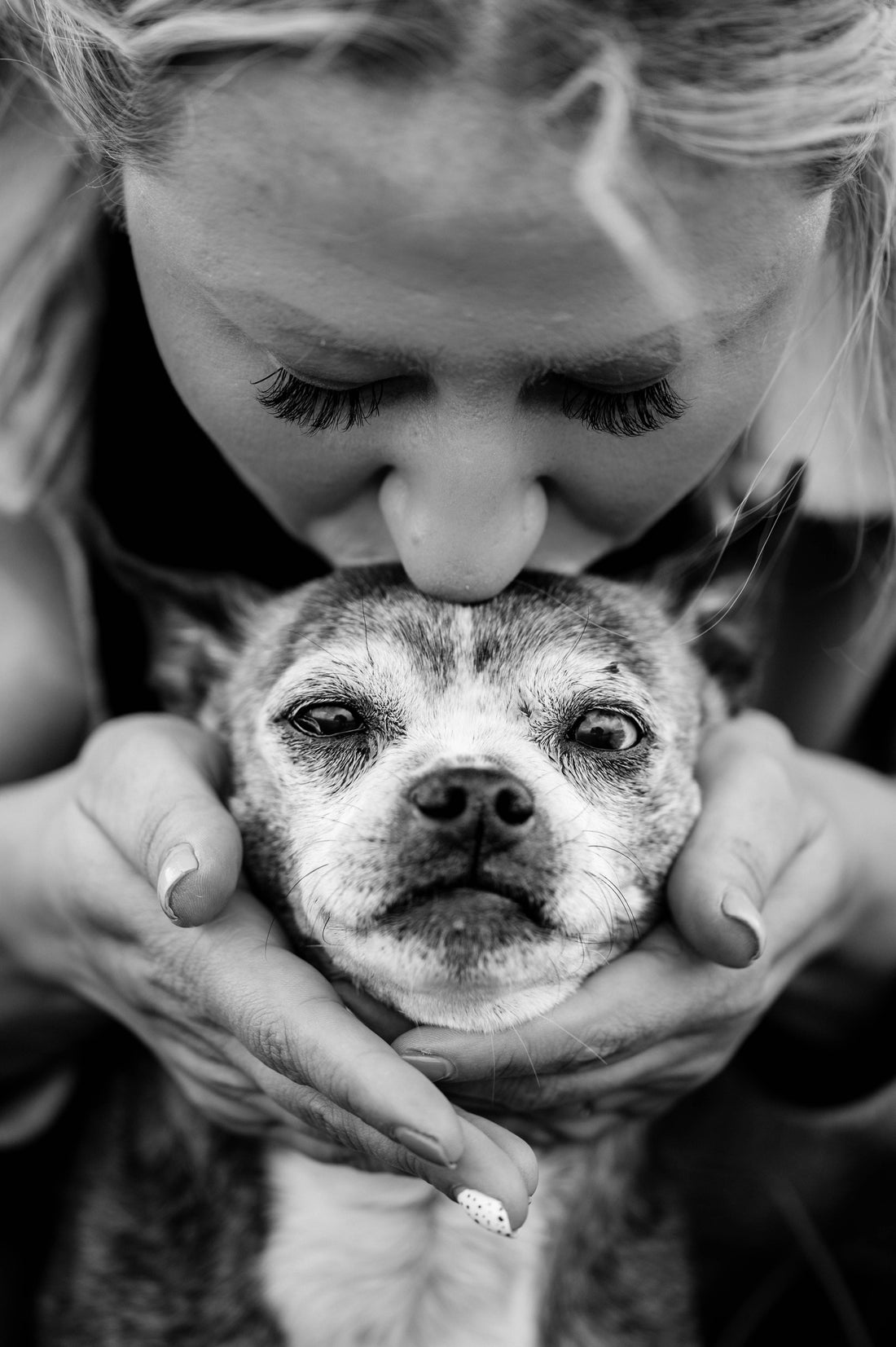
How to Comfort an Aging Dog: Simple Tips for Senior Dog Care
Share
Comforting Your Aging Dog: Real Tips That Work
As your loyal companion enters their golden years, it's natural to wonder: How can I make my senior dog more comfortable? Aging dogs can face joint stiffness, confusion, sleep changes, and more—but with a few smart adjustments, you can keep them happy and healthy.
At FurLovers, we understand the challenges that come with senior dog care. That’s why we’ve built a dedicated 👉 Senior Dog Collection to help you provide the love and comfort they need in this precious stage of life.
🐾 5 Real Ways to Comfort an Older Dog
1. Support Their Joints
Senior dogs often struggle with arthritis, hip pain, and overall stiffness. Orthopedic dog beds provide much-needed joint relief, while elevated food and water bowls reduce strain on their neck and spine. Consider installing dog ramps or pet stairs to help your pup easily reach couches or beds without jumping — which can be painful as they age.
2. Simplify Their Routine
Older dogs thrive on predictability. Keeping a consistent daily schedule for meals, potty breaks, short walks, and bedtime can reduce stress and confusion. Sudden changes in routine can trigger anxiety or disorientation, especially in dogs with early signs of canine cognitive dysfunction (dog dementia). Stick to a simple, calming structure to help your senior dog feel secure.
3. Provide Mental Stimulation
Keeping your senior dog's mind active is just as important as keeping their body healthy. Use slow feeders, treat-dispensing toys, snuffle mats, or gentle puzzle games to engage their brain. Try new but soft-smelling scents during walks or light training sessions. Mental enrichment helps prevent boredom and may even slow down age-related cognitive decline.
4. Focus on Nutrition
Aging dogs need specialized diets that are easy to digest and support aging joints and internal health. Look for high-quality senior dog food with glucosamine, chondroitin, omega-3 fatty acids, and added antioxidants. These ingredients help reduce inflammation, improve mobility, and maintain a healthy immune system. Don’t forget hydration — always keep fresh water available, especially if your senior dog takes medication.
5. Schedule Regular Vet Checkups
Senior dogs should visit the vet every 6 months for preventive care. Early detection of health issues like arthritis, dental disease, kidney problems, or vision loss can make a huge difference in their comfort and longevity. Ask your vet about senior blood panels, cognitive function assessments, and weight monitoring. If you notice signs like limping, bad breath, excessive sleeping, or confusion — don't wait. Proactive care leads to a happier, longer life.
🧠 Q&A: Common Senior Dog Concerns
Q: Why is my old dog suddenly acting distant?
A: Cognitive changes or pain may be the cause. Talk to your vet and try simplifying their environment.
Q: Is it okay that my senior dog sleeps all day?
A: Yes—older dogs sleep more, but they should still have interest in food, affection, and short walks.
Q: Should I buy supplements?
A: Definitely ask your vet about joint, skin, or digestive supplements tailored to aging dogs.
🛒 Where to Start?
If you're unsure how to start improving your senior dog’s life, begin by exploring our
👉Senior Dog Essentials Collection. Every product is selected to meet real needs of aging pups—from orthopedic beds to grooming tools for sensitive skin.
At FurLovers, we believe every dog deserves dignity, comfort, and care—especially in their older years.
